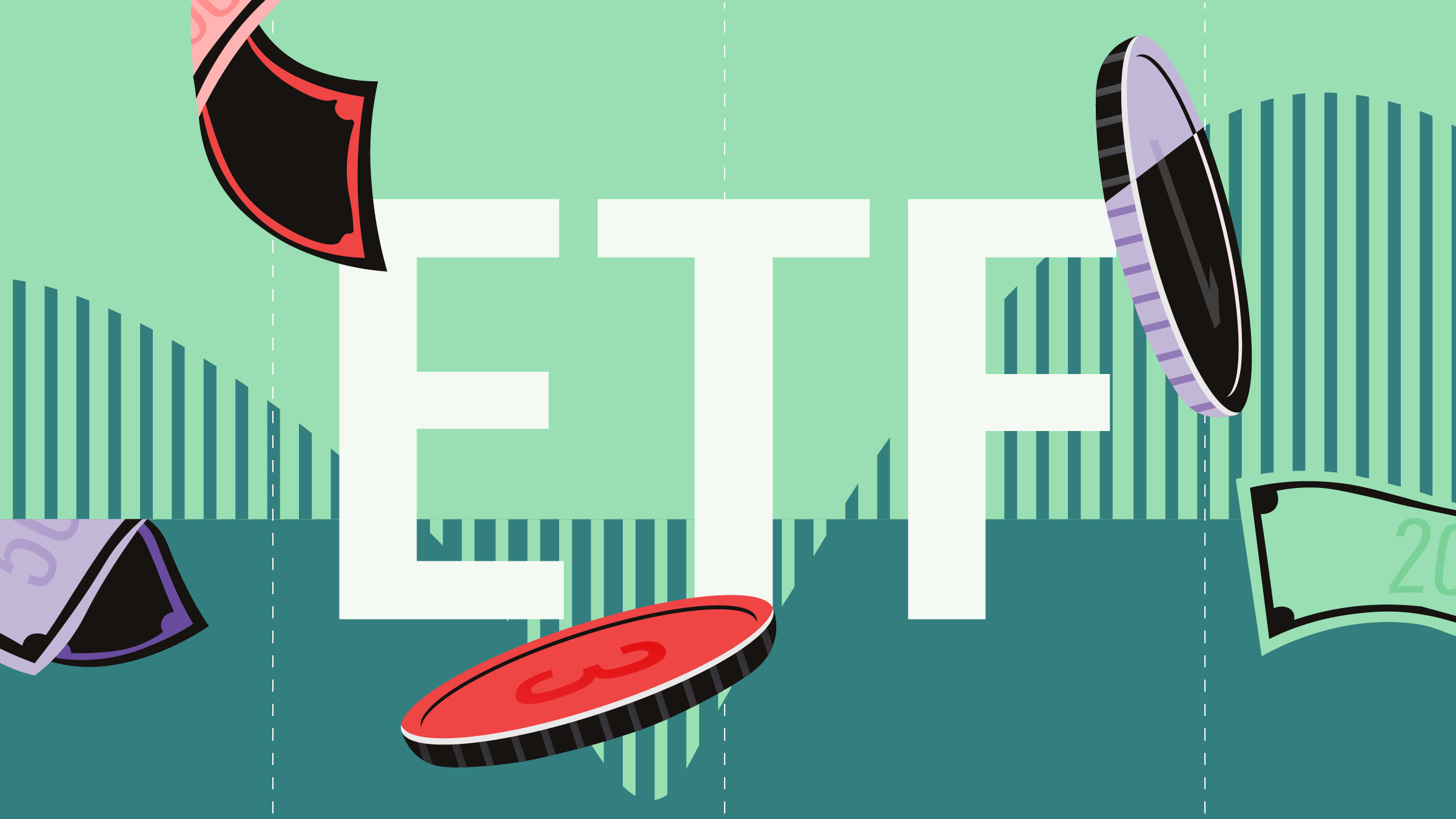Yikes! Just when you thought it was safe to go back into the water, here we are still in the jaws of a recession.
I was all geared up to write about a flat third quarter for 2009, which was a cautious view given that most economists were forecasting a positive figure, and to argue that nonetheless the recession was not yet really over.
In the event, gross domestic product, the total value of goods and services produced within our boundaries, has shrunk a further 0.4%. It is of no consolation to argue that this is the least contraction in the economy this year, nor to argue that the figure could be revised subsequently. I do not see any revision wiping out 0.4% and there is always the possibility that subsequent information prompts an even worse figure.
We have had six consecutive quarters of economic decline, which is more serious than the setbacks of the early 1990s, our last major recession.
There were some warning signs ahead of the figures, signs that were largely ignored because ultimately we all wanted to believe that the recession was over. Retail sales showed no growth in September and industrial output dropped 2.5% in August. However, an unexpected decline in the services sector was a major culprit with distribution, catering and hotels disappointing.
The economy has contracted by 5.2% since the same period of 2008, hardly any better than the 5.5% year-on-year fall recorded in April to June. Output is now down about 6% since March last year. So when will it all end?
Thanks to a piece of political and economic fudging, the widely accepted definition of a recession is two consecutive quarters of lower production, yet just one quarter in which the economy is static or better is heralded as the end of recession.
If it takes six months to declare a recession, it cannot be right that one quarter of flat economic performance constitutes a recovery. This does not really wash. The votes are unfairly stacked against recession.
It would make more sense to say that a recession is not properly over until the shrinkage in the economy is fully recovered. That will be a long time coming.
The bare statistics take no account of the human misery involved in unemployment. Since the jobless total has been held down by reduced working hours and pay cuts, which have saved jobs and spread the burden, similarly in the upturn these measures will be reversed before new workers are taken on, so the decline in unemployment is likely to be slow.
I was reminded of how insidiously a downturn can seep into all corners of society by an email from Giles Carey, an archaeology expert currently working in Warwickshire. He reckons he is lucky to be in work. The collapse in house building means fewer sites being dug up, so less call for archaeological assessments before building begins. Where work has already been done, the developer cannot afford to pay the archaeologists until the houses are sold. Commercial archaeology, once a thriving industry, is now in the doldrums.
Yet the signs persist that some people in this country do have money to spend. A friend who decided to shop early for Christmas, and to go out of town to Bluewater shopping mall in Kent in midweek to avoid the Oxford Street mayhem, gave up after half an hour because she couldn’t stand the crowds. It’s all very confusing.
One wonders how the apologists for a weak pound square the latest figures with their belief that devaluation is saving the economy. Or how the Bank of England can argue that quantitative easing is working, though the latest figures will provide an excuse for a larger dose of the same.
Rather perversely, the already soaring stock market has shot higher on the dire GDP figures. The assumption, which I believe is right, is that interest rates will remain low for many months to come and that there is little point in keeping cash in the bank.
Show me the Money Show
If you are in London next Saturday morning, October 31, do call in at
the Money Show where I will be on a panel gazing into a collective
crystal ball at 9.30 am. The session lasts for one hour and I shall then
spend an hour or so on the Global Investor bookstand where I will be
happy to chat to Morningstar
and Hemscott
readers.
Entry is free if you log onto the website and register in advance.
Scram, scam
The news came in the post and it never occurred to the woman that she had never given her name and address to the National Lottery when she bought tickets, so how come they knew she had won a prize?
The interesting thing is that this woman simply did not want to be told that she was the victim of a very obvious scam. She refused to speak to me on the phone, preferring instead to fax over full details of her bank account to the fraudster. But then, we all believe what we want to believe at times, as economists demonstrated with the GDP forecasts.
Fortunately a member of the family looked on the internet and found reports that vulnerable people had been victims of this scam, so she finally faced up to reality and rang the bank to stop any payments going out.
Next time you receive news of a bumper lottery win, ask yourself two questions before you go any further: Did I actually buy a ticket in this lottery and where did they get my contact details from?

























